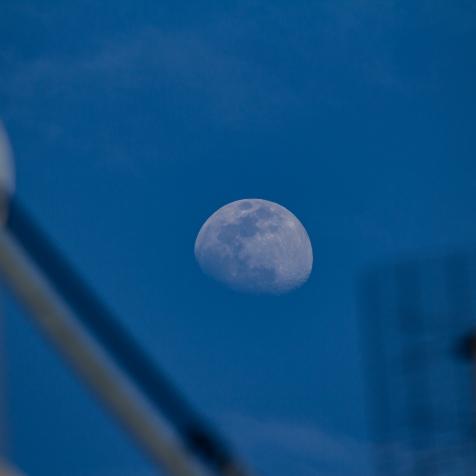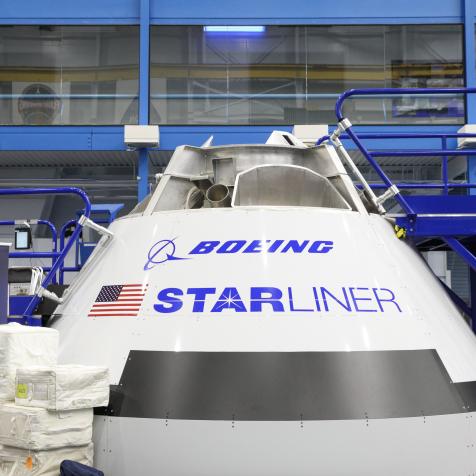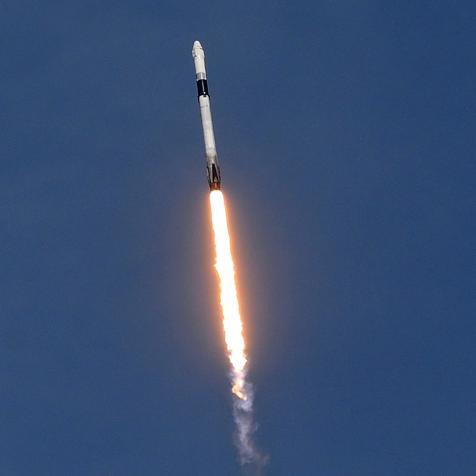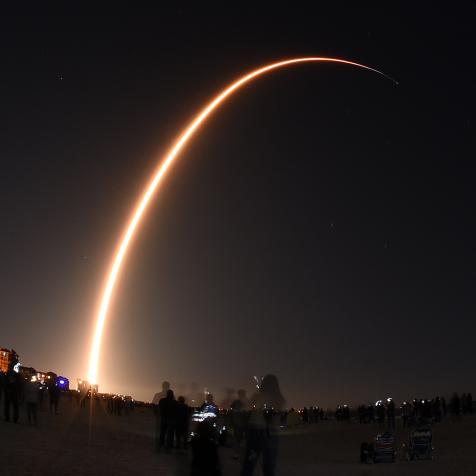
Curiosity Daily Podcast: Tool to Cure Hiccups, Corvid Childhoods, How Spacecraft Move
Learn about a scientific tool to cure hiccups; why corvids owe big brains to longer childhoods; and how spacecraft move.
Episode Show Notes:
Finally, the first-ever scientific tool to cure hiccups by Grant Currin
- Team describes science-based hiccups intervention. (2021). EurekAlert! https://www.eurekalert.org/pub_releases/2021-06/uoth-tds061821.php
- Alvarez, J., Anderson, J. M., Snyder, P. L., Mirahmadizadeh, A., Godoy, D. A., Fox, M., & Seifi, A. (2021). Evaluation of the Forced Inspiratory Suction and Swallow Tool to Stop Hiccups. JAMA Network Open, 4(6), e2113933. https://doi.org/10.1001/jamanetworkopen.2021.13933
- https://newatlas.com/author/ben-coxworth. (2021, June 21). Drinking device claimed to help halt hiccups. New Atlas. https://newatlas.com/health-wellbeing/fisst-hiccaway-hiccups/
- Herndon, J. (2018, May 29). Why Do We Hiccup? Healthline; Healthline Media. https://www.healthline.com/health/why-do-we-hiccup#Why-we-get-hiccups
Corvids owe big brains to parenting/long childhoods by Steffie Drucker
- Extended parenting helps young birds grow smarter. (2020). EurekAlert! https://www.eurekalert.org/pub_releases/2020-05/mpif-eph052920.php
- Heidt, A. (2020, June 8). Like humans, these big-brained birds may owe their smarts to long childhoods. Science | AAAS. https://www.sciencemag.org/news/2020/06/humans-these-big-brained-birds-may-owe-their-smarts-long-childhoods
- Extended parenting and the evolution of cognition | Philosophical Transactions of the Royal Society B: Biological Sciences. (2020). Philosophical Transactions of the Royal Society B. https://royalsocietypublishing.org/doi/abs/10.1098/rstb.2019.0495
If space is full of nothing, how can spacecraft move? by Ashley Hamer (Listener question from Nathan in Clive, Iowa)
- How does a rocket work in space where there is no air to push against? | Science Guys | Union University, a Christian College in Tennessee. (2014). Uu.edu. https://www.uu.edu/dept/physics/scienceguys/2002Sept.cfm
- Howell, E. (2013, April 9). How Do Space Rockets Work Without Air? Livescience.com; Live Science. https://www.livescience.com/34475-how-do-space-rockets-work-without-air.html
Follow Curiosity Daily on your favorite podcast app to learn something new every day with Cody Gough and Ashley Hamer. Still curious? Get exclusive science shows, nature documentaries, and more real-life entertainment on discovery+! Go to https://discoveryplus.com/curiosity to start your 7-day free trial. discovery+ is currently only available for US subscribers.
See omnystudio.com/listener for privacy information.















